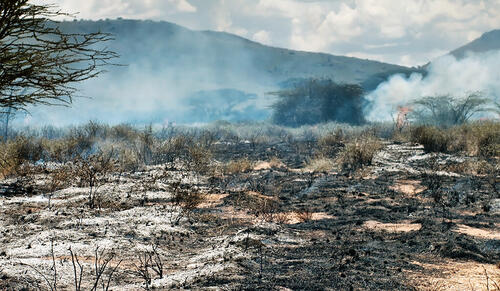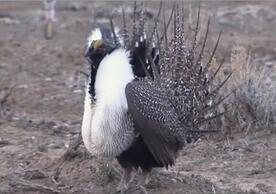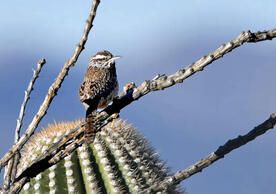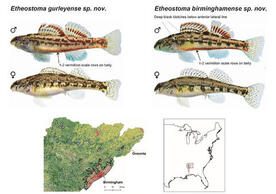
One proposed strategy in the fight against climate change is to increase tree cover in the world’s savannas, either through the planting of new trees or fire suppression, to increase the uptake of atmospheric carbon dioxide. However, a new Yale-led study of African savannas suggests this approach is far less effective than previously estimated. “Increasing tree cover in savannas, whether via afforestation or fire suppression, is unlikely to yield the substantial gains in ecosystem carbon storage that have been advertised,” said Carla Staver, associate professor of ecology and evolutionary biology in Yale’s Faculty of Arts and Sciences, associate director of the Yale Institute for Biospheric Studies, and senior author of the new study. The study was published March 17 in the journal Nature. A team led by Yong Zhou, a G. E. Hutchinson Environmental Postdoctoral Fellow in Staver’s lab and lead author of the study, questioned some of the projected climate benefits of afforestation in tropical savannas, which account for more than half of the planet’s fire-related carbon emissions. For the study, the research team used data from a decades-old experiment at Kruger National Park in South Africa — where for 68 years scientists have studied how fire management affects the landscape — to better understand whether increased tree cover from fire suppression actually increases carbon sequestration. For more information, please click here for an article published by Yale News.



